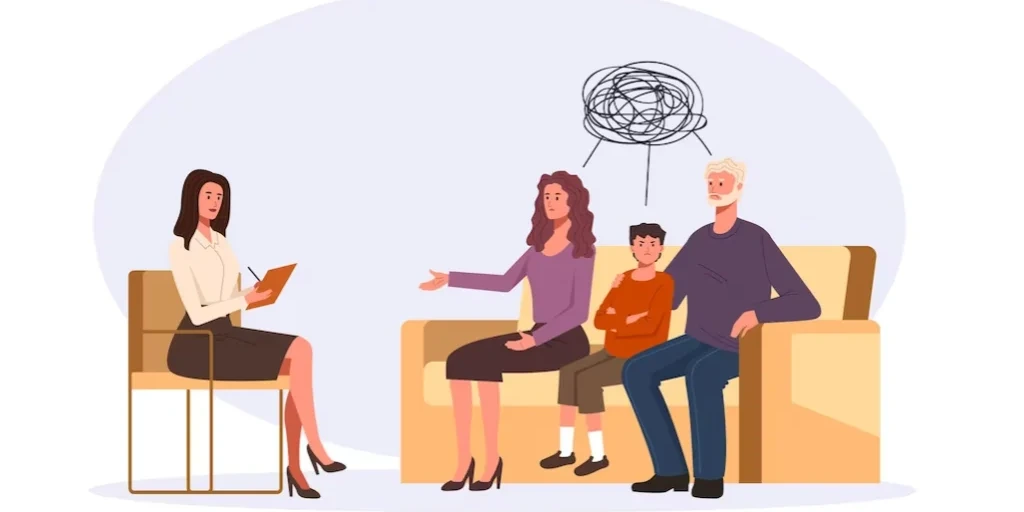24/7 Helpline:
(866) 899-221924/7 Helpline:
(866) 899-2219
Learn more about Substance Abuse Treatment centers in Peachtree City
Substance Abuse Treatment in Other Cities

Other Categories
Other Insurance Options

Carleon

Evernorth

Amerigroup

Meritain

Molina Healthcare

Cigna

Absolute Total Care

Kaiser Permanente

CareSource

Lucent

Private insurance

American Behavioral

MHNNet Behavioral Health

WellCare Health Plans

Group Health Incorporated

Self-pay options

MVP Healthcare

Ambetter

Access to Recovery (ATR) Voucher

State Farm

Georgia Addiction Treatment Center
Georgia Addiction Treatment Center (GATC) is a CARF-accredited drug and alcohol rehab located in Pea...

Grace Harbour
Grace Harbour is an outpatient mental health clinic that serves individuals from all ages in a holis...





Turning Point New Directions
Turning Point New Directions is a counseling clinic located in Tyrone, GA. Turning Point New Directi...

The Insight Program
The Insight Program is a private rehab located in Tyrone, Georgia. The Insight Program specializes i...

Pyramid Healthcare – Pine Ridge Manor Halfway House for Men
Pyramid Healthcare - Pine Ridge Manor Halfway House for Men is located in Tyrone, Pennsylvania. Pyra...
































































